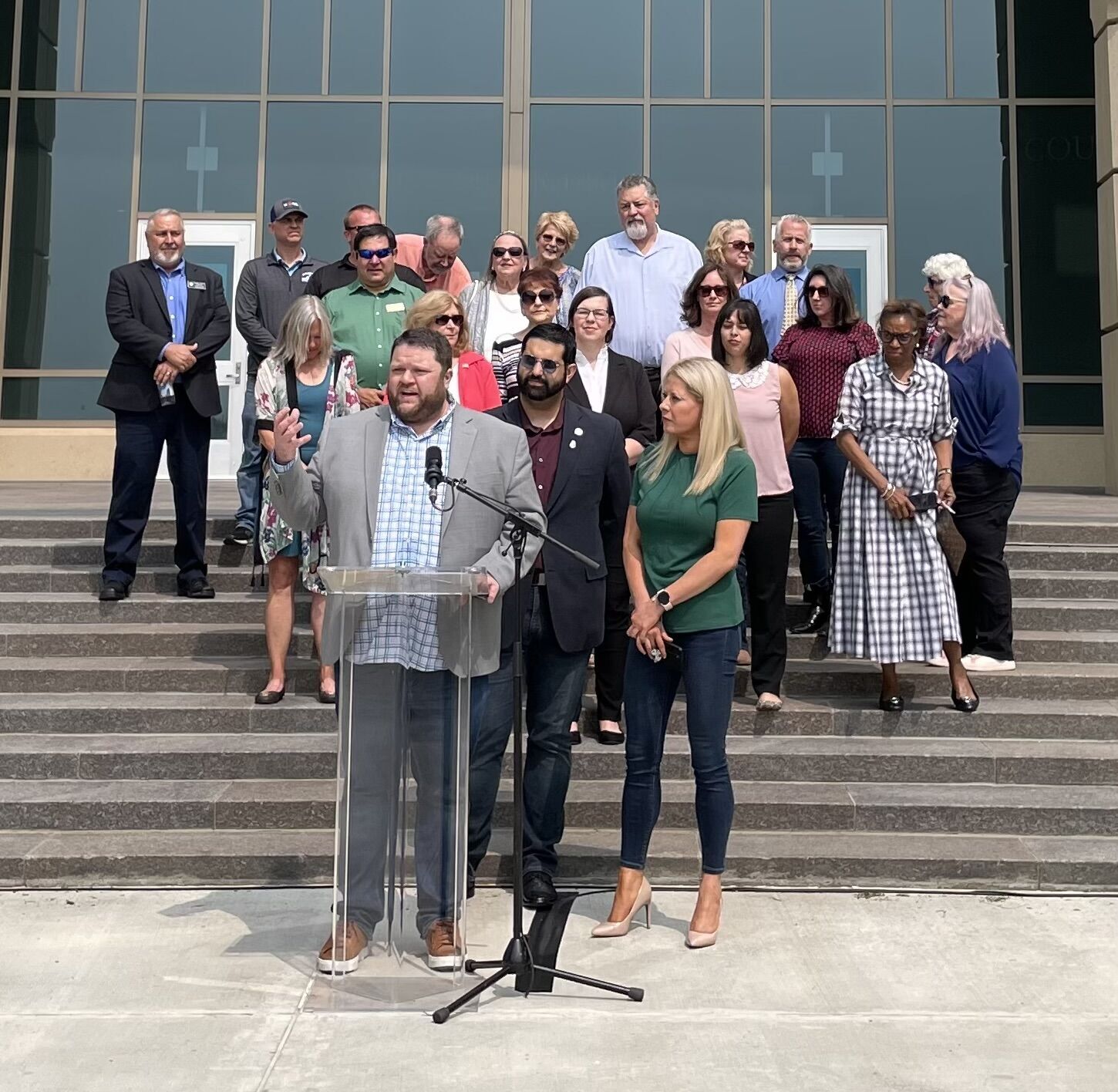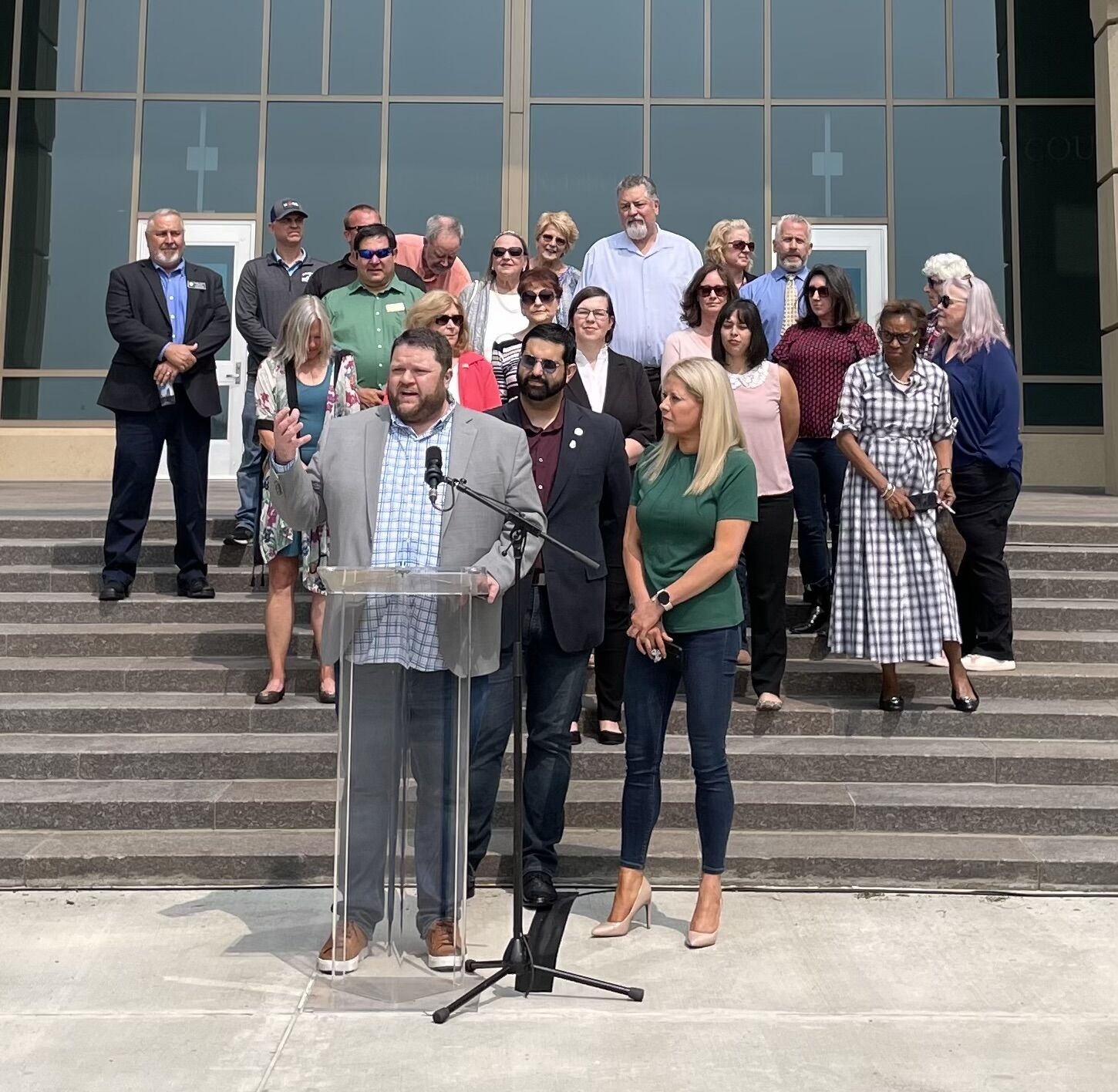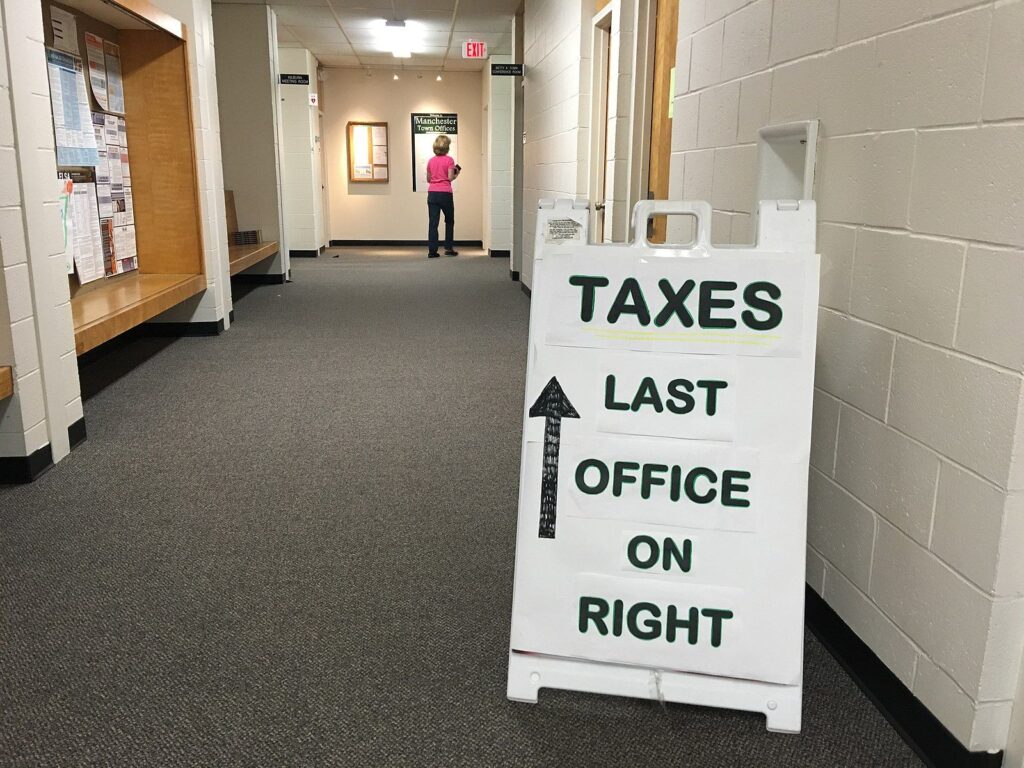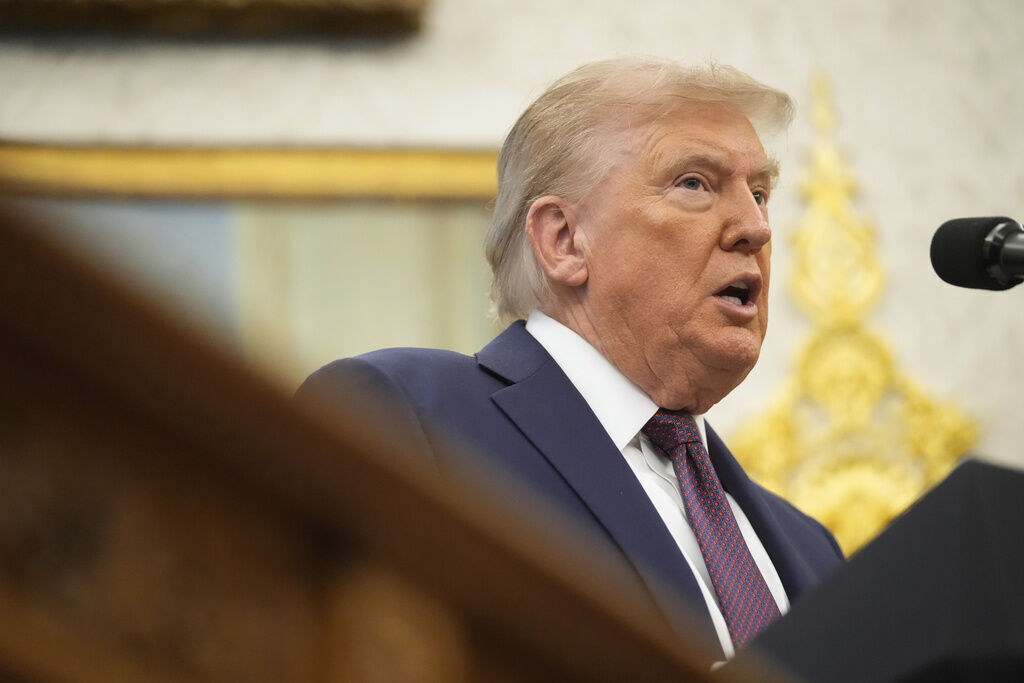Controversy follows push for strong mayor system in Aurora

As petitioners gathered signatures for a proposed charter amendment seeking to instate a strong mayor system in Aurora, controversy quickly brewed.
A group called “Term Limits for a Better Aurora” were given until Tuesday, June 6, to collect more than 12,000 valid signatures to make the November ballot. The proposal, if it makes the ballot and is passed by voters, would eliminate the city manager position and usher in a completely new form of government.
Aurora has operated under a council-manager form of government for decades, but proponents say it is time the city had a strong mayor system, in which a mayor oversees the city administratively and operationally rather than a professional city manager. The ballot measure would also cut term limits from three to two and add an at-large councilmember seat.
A bipartisan group of local, county and state officials – including a majority of city councilmembers – came out in swift opposition to the initiative, decrying a strong mayor system as one that gives too much executive power to a single person.
The group also said they received reports from local residents who said people gathering signatures for the petitions were misrepresenting the proposal. Signature gatherers either minimized that the initiative would instate a strong mayor system or failed to explain that entirely, councilmembers said.
Last week, multiple councilmembers reacted online to a new account from a person who said signature gatherers acted aggressively toward her, intimidated her and portrayed the petition as a way to set term limits in the city, something Aurora already has.
Councilmember Alison Coombs responded to the allegations on Twitter, saying “the lies are unacceptable.” Not only would the proposal give the mayor in Aurora more power than other strong mayors in the state, she said, but it would allow the mayor to serve longer than city councilmembers.
“This is absolutely bonkers,” Mayor Pro Tem Curtis Gardner Tweeted in response to the person’s posts. Gardner also called on those funding the “Term Limits for a Better Aurora” initiative to come forward.
The concerns have raised questions about whether people can have their names removed from petitions.
The city clerk and city attorney offices declined interviews through a spokesperson, who provided a statement saying the city clerk “does not have the authority to remove signatures from charter amendment petition sections.”
The city’s statement further instructed residents who wanted their name removed from petitions to contact the petition representatives.
Garrett Walls, who is helping lead the initiative, and another spokesperson for the group could not be immediately reached for comment.
People cannot file a protest of their name, or anyone else’s name, on the petitions until the city clerk has issued a “determination of sufficiency” validating the petition signatures. Protesters must be registered electors and file their protest in writing, under oath and no later than 20 days after the determination of sufficiency. They must also provide a written explanation for why they are protesting.
“We strongly urge individuals to not sign the petition unless they have read, or have had read to them, the proposed measure or the summary in its entirety and understand its meaning,” according to the statement.














